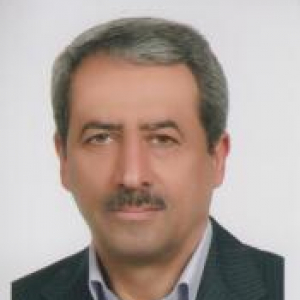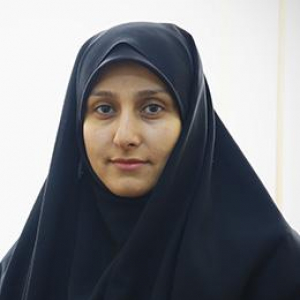Overview
Food Science and Technology department was established in 1980 at the Isfahan University of Technology (IUT) to impact the food system and improve quality of life by educating and training students for careers in industry, government, and academia. Our mission is to expand and transfer knowledge for continuous improvement of the safety, quality, value, and security of the food supply through basic research and outreach programs. Our full-time faculty members are teaching and investigating in the different fields of Food Science including Food Engineering, Food Chemistry, Food Microbiology, and Food Technology. This department provides excellent research laboratories, as well as specialized facilities and pilot scale-manufacturing plant. Currently, the Department of Food Science and Technology offers diverse and highly rated educational programs in three degrees (BSc, MSc and PhD).
Academic Programs
Undergraduate
With the global population predicted to hit nine billion people by 2050, it was needed to find ways to make better use of the resources. Also, the production of nutritious and healthy foods have to grow. The Department of Food Science and Technology will be learned the science behind the food we eat. It was taught how to produce sustainable, nutritious, and safe food. The sensory, physical and chemical properties of foods will be investigated. Therefore, with applying this knowledge, it is possible to explore food innovation and develop new products. Also, consumer trends, new technology and the latest food research will be evaluated. These knowledge will be obtained through lectures, lab sessions, practical classes, seminars, workshops, and computer labs. Students are supposed to pass 140 course credits for completing their program. The graduated students could work for food companies, or run their own business.
Graduate
As a multidisciplinary field, food sciences, uses theories from microbiology, chemistry, physical and medical sciences to the study of food. The discipline applies research to evaluate and develop novel and new food products and to determine the processes involved in the production and presentation of these products. The Department of Food Science and Technology’s Masters of Science and Doctor of Philosophy graduate programs attract students from different fields such as food engineering, food chemistry, food microbiology and food technology. Students pass 32 and 24 course credits for MSc and PhD, respectively. Students are supposed to conduct an original research for the thesis or dissertation, and defend in an oral examination.
Admitted students
The Department of Food Science and Technology will accept international students in the coming semesters for the graduate programs. Admission to the graduate program will be highly competitive. Students are supposed to contact initially to a faculty member to be informed about any vacancy position. The minimum criteria for admission can be found in Admission Requirements for IUT. Applicants should hold at least a bachelor's degree or its equivalent in a physical, biological or engineering food related science from an institution of acceptable standing. Beyond these minimum requirements, the admission committee looks for evidence of intellectual potential by reviewing performance in university coursework, and carefully considering the candidate's statement of interest and letters of recommendation. The candidate's statement and recommendation letters should highlight the applicant's potential for performing independent, thoughtful research. If the applicant has published papers, attachment of one or two of these and a description of their impact is encouraged. The candidate's statement should include a description of the student's future research interests, as well as their motivation for pursuing graduate education.
Transfer students
Department of Food Science and Technology accepts transferring students for joint projects or for sabbatical programs.
Research Activities
Research fields
The Department of Food Science and Technology has a strong research culture based on the application of fundamental scientific principles and focusing on expanding understanding of foods as biomaterials. The research initiatives cover a range of topics including the Food Chemistry, Food Engineering, Food Microbiology, and Food Technology.
Food Chemistry
Food chemistry is the study of chemical processes and interactions of all biological and non-biological components of foods. We apply chemical techniques, concepts and laws to determine the kinds and amounts of molecules in foods, their physical properties, and their chemical transformations during manufacture and storage. Research in food analysis develops novel methods for the detection of both harmful (pesticide residues) and helpful (bioactive components, or nutraceuticals, that promote health) components in food. Research on the chemical transformations of lipids, carbohydrates, and proteins, seeks to understand how these components are affected by specific processing techniques such as extrusion. All of this research is concerned with understanding the fundamental mechanisms operating to influence quality of food.
Food Engineering
Food engineering research includes engineering principles in fluid dynamics, heat and transfers, and applying those principles to applications in food processing. Food engineering involves food manufacturing, processing, packaging and preservation. In our department, research in food engineering spans over fundamental and applied areas. The fundamental research areas include fluid mechanics and mixing during extrusion, dough rheology, predicting diffusion of flavor compounds, understanding mechanism of expansion during extrusion, micro and macro structures of foods, baking and microwave processing, simultaneous heat and mass transfer during hybrid baking, and membrane-based technologies.
Food Microbiology
Microbiology is the study of the survival, growth characteristics, genetics, physiology, and behavior of microorganisms. Microorganisms are the dominant form of life on earth; however, the naked eye is generally unable to see them. They are present in the beverages, air, food, and everything we touch. They are also an integral part of our bodies. So that, human can not live without microorganisms. Nevertheless, the transmission of some microorganisms through food chain to body can lead to disease or death. Some others can spoil food and cause economic losses. This group of microorganisms may not cause people illness. However, for production of wine, bread, yogurt or many other delicious and healthy products, the presence of some bacteria, yeasts, and molds is necessary. Food microbiologists also evaluate the effect of the environment on the behavior and growth of each microorganism, the influence of microorganisms on the food and people who eat it, as well as the food conditions. The food microbiologist uses this knowledge to find the way of microorganism manipulation and control which helps in the production of healthier, safer, and better foods.
Food Technology
Food Technology is a science branch that deals with the techniques involved in production, processing, preservation, packaging, labeling, quality management, and distribution of food products. Food technologist also learns processes and techniques which are applied to convert raw materials into food products. Since substantial studies needs to make a food edible and nutritious, a food technologist must works on development of convenient, safe and healthy products. They need continually research to develop better procedure of food preservation, better processing and packaging techniques, better delivery processes and even better storage. They also study detrimental food ingredients and develop replacements in order to make sure foods are healthy and safe. Our faculty members in this field working on development of novel food products and enhance the processing techniques.
Industrial Partners
Department of Food Science and Technology has established very effective collaborations with companies. These collaborations focus on technology developments, applied research projects, and consultations. In the last 5 years, different nationwide industries funded 35 projects with about US$ 1 Million budget. Our partner companies and organizations including:
- Dairy Pegah Company
- Miad Company
- Faradaneh Company
- Paniz Food Industry
- Iranian Science and Technology Organization
- The Ministry of Agriculture of Jahad
Research Facilities
The specialist facilities will be used to apply student learning and research fields.
- Food technology lab– advanced facilities for production and evaluation of food products.
- Food chemistry lab – required facilities for analysis of chemical compounds present in food.
- Quality control lab - equipment to assess product and process quality.
- Microbiology lab - facilities for learning about the role of microbiology in food safety and production as well as microorganism manipulation
- Sensory lab - test consumer preferences and use techniques to understand how flavour of products will be perceived
Our department provides excellent research laboratories, as well as specialized facilities and pilot scale-manufacturing plant.
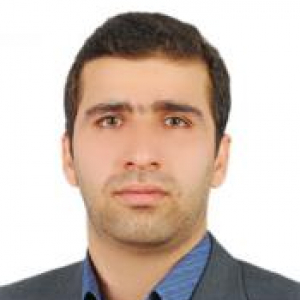
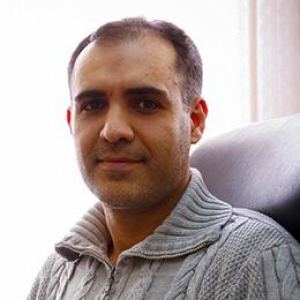
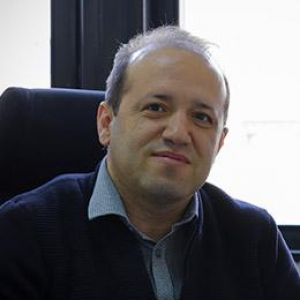
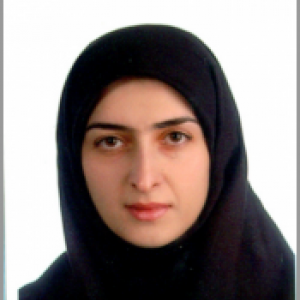
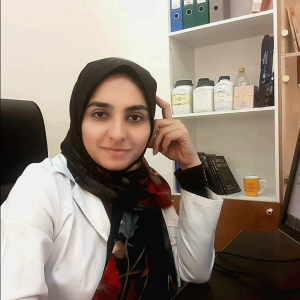
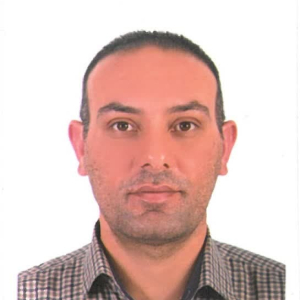



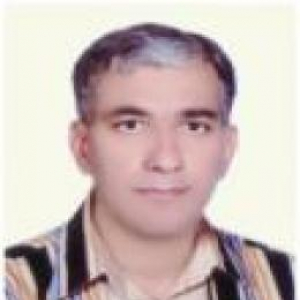
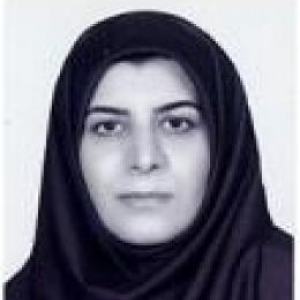
| Student name | Thesis Title | Supervisor name |
| Molaahmadi Bahraseman | Interactions of gelatin- tragacanth gum and stabilization of their water in water emulsion | Dr. Hajar shekarchizadeh and Dr. Seyed Amir Hossein Goli |
| Ameneh Elmizadeh | Optimization of extraction process of tanshinone from the medicinal plant of Perovskia abrotanoides and fabrication and characterization of biopolymer nanoparticles containing tanshinone to enrich cloudy apple juice | Dr. Sayed Amir Hossein Goli |




